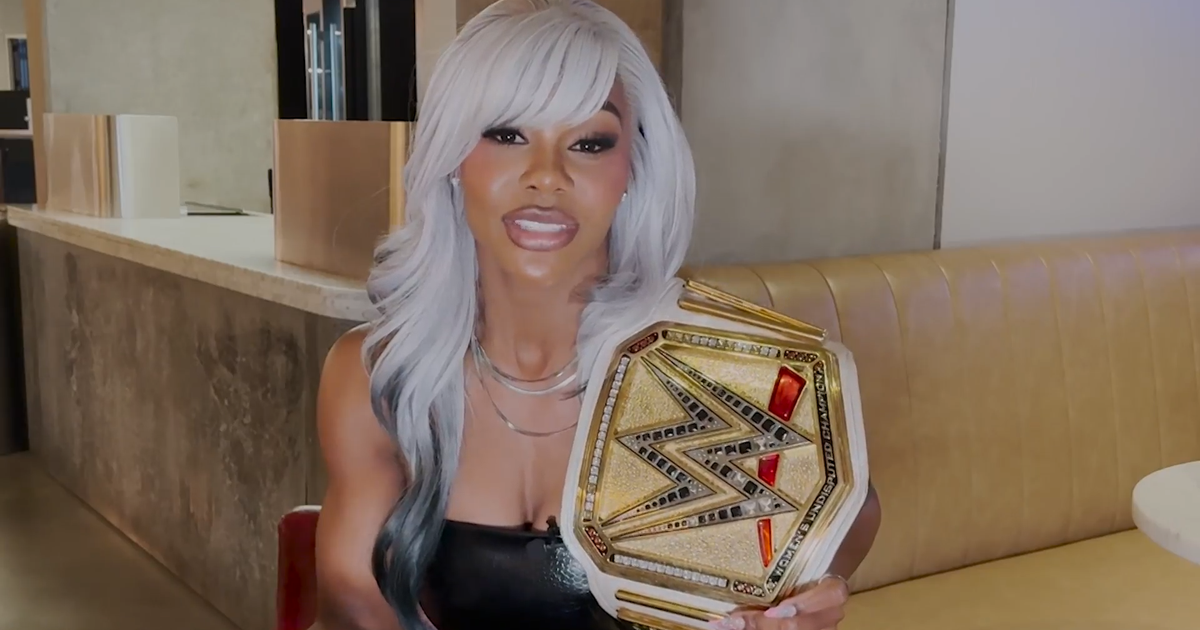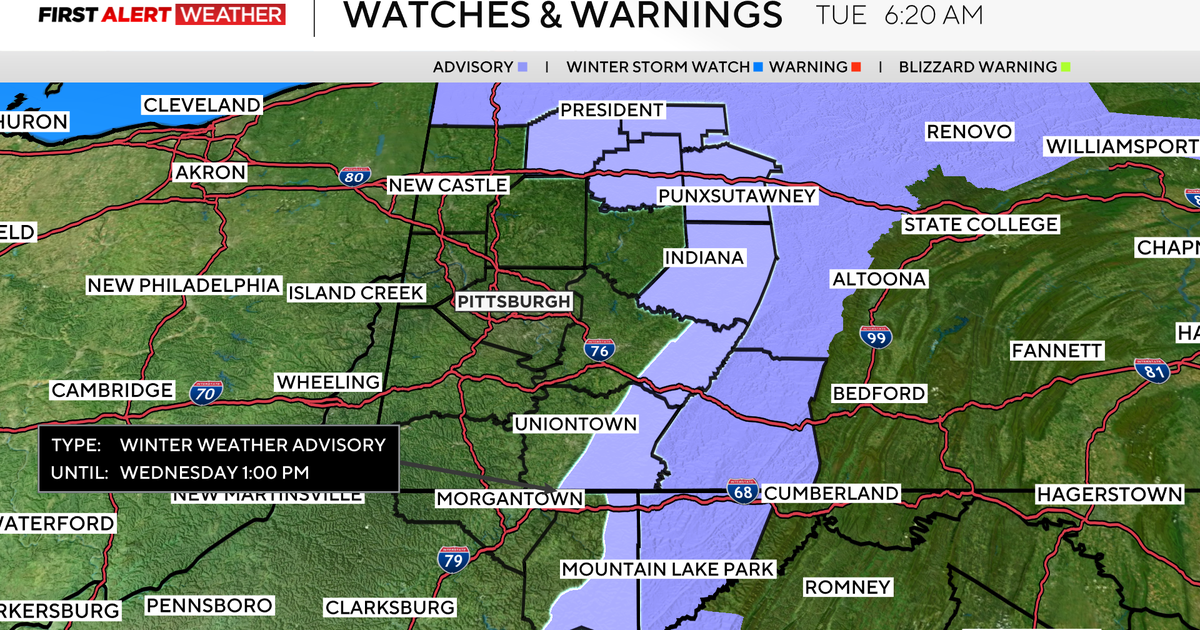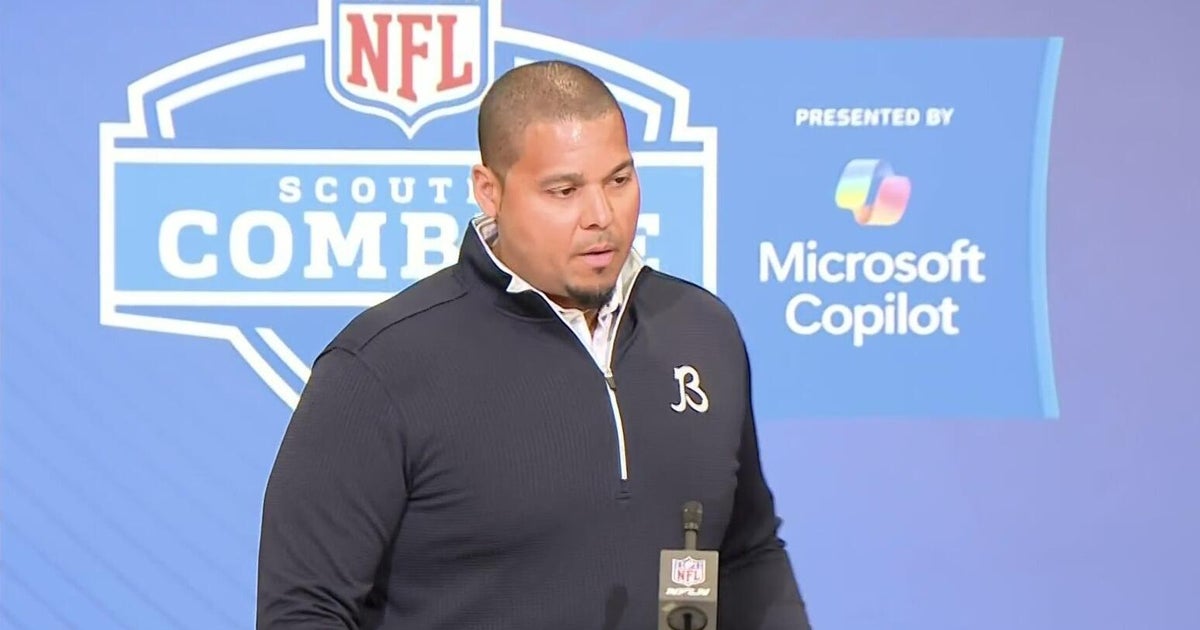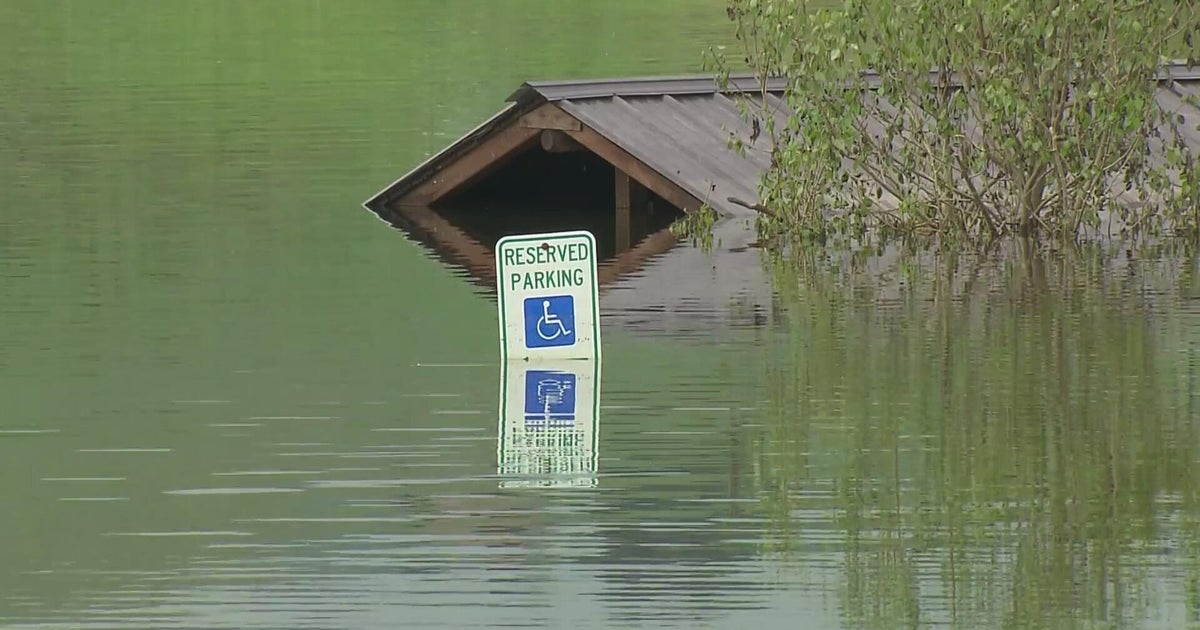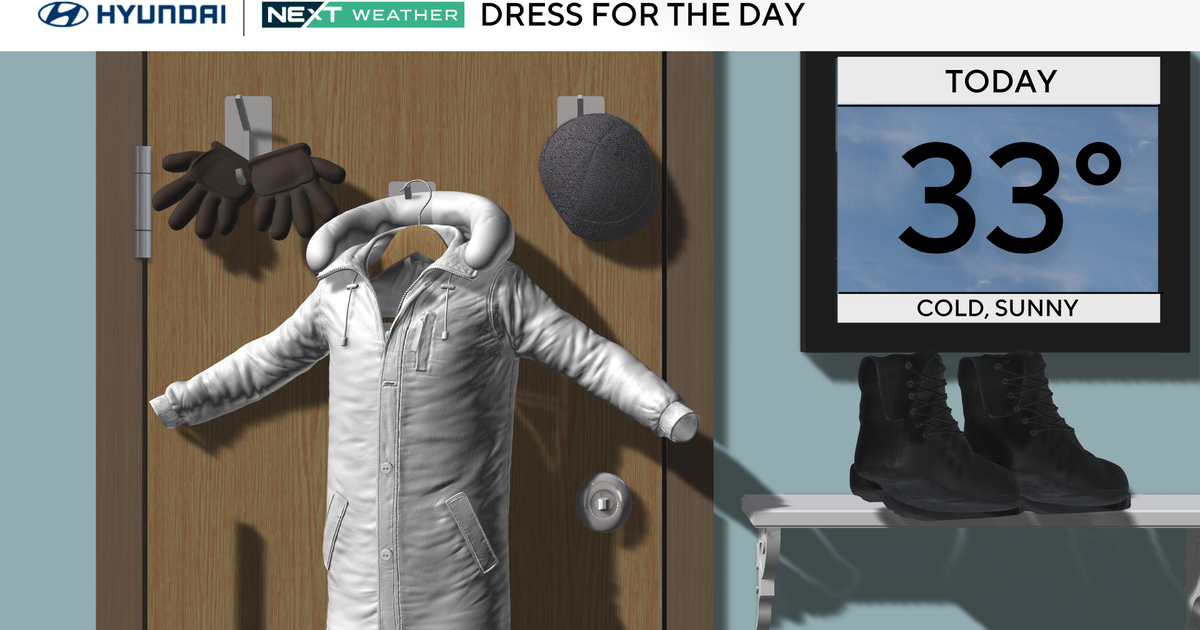Wisch: Big Ten Makes Right Call On Limiting Delany's Power
By Dave Wischnowsky –
(CBS) Thank you, Big Ten.
You took a deep breath. You slowed your roll. And you appear to have kept your wits about you in regards to the criminal, ethical and administrative debacle that continues to infest Penn State.
For that, I tip my hat. On this day, at least.
I hope I can continue to say the same in the future.
To be sure, the gut-wrenching scandal at Penn State is the biggest mess that we've ever seen in college athletics. But the last thing that anyone needs is for it to become something even bigger.
And ultimately make a different mess at other schools.
On Thursday, the Chronicle of Higher Education created an online firestorm when it reported that Big Ten conference leaders have been considering a proposal that would have given Commissioner Jim Delany greater power to levy penalties on member schools, including the disturbing ability to even fire coaches himself.
On Friday, the Big Ten moved to quell the uproar and announced that it has no plans to give its commish such outlandish control. In a statement, the conference said, "giving emergency powers to the commissioner to fire personnel is not under consideration" by its 12 presidents and chancellors.
And thank goodness for that. Because, as the league moves on from this scandal, I think it's important for everyone to remember that what happened at Penn State is about Penn State, and that it's not about Minnesota or Michigan State or Illinois.
Nor is it about Wisconsin or Northwestern or any of the conference's other member schools. It isn't even about Michigan, Nebraska or Ohio State, where the foaming-at-the-mouth football cultures are most similar to the one that loomed so terribly large over Happy Valley.
Without a doubt, the Big Ten's other schools and their fan bases – along with every college in the country – need to reassess their priorities in the wake of the Penn State disaster and the "football-above-all" mentality that helped create it.
But such assessments and any decisions resulting from them should be the responsibility of those schools. It's not the place of the NCAA, nor that of a conference to assume control of a university's decision-making powers simply because a fellow institution wasn't able to properly take care of itself.
On Thursday, an unidentified Big Ten basketball coach told CBSSports.com's Gary Parrish, "Penn State had an awful scandal because it had one man [Joe Paterno] who had too much power. Is that right? So the way to fix that is to give another man [Delany] too much power? Does that make any sense? It takes some kind of arrogance to even suggest that."
The coach was right. And even though the Big Ten announced that it won't grant Delany such the power to fire coaches, it is disturbing to me that the league had even considered the option.
I've long believed that no one can possibly understand a university's unique culture as well as the university itself. And it's when a governing body begins to think that it knows what's better for its member schools than those schools do themselves that we open true cans of worms.
For example, in 2005, the NCAA unilaterally declared that every school using Native American imagery was "hostile and abusive." The details of that imagery didn't matter. The feelings of alumni and the students on campus didn't matter. The only think that mattered was the NCAA's "blanket solution," which was haphazardly tossed atop every school's administration.
Soon enough, of course, the NCAA proceeded to poke hypocritical holes in its own blanket by allowing some schools (Florida State) to maintain their status quo, while others could not (Illinois, North Dakota). The issue still festers at schools today.
In my estimation, such decisions about abolishing Native American nicknames and mascots should have been left up to individual universities, which fully understood the unique dynamics involved on their own campuses. Along those lines, decisions about coaches, game day atmosphere or anything else related to a school's sports culture should still be left up to that individual school.
It's not the NCAA's or Big Ten's place to meddle with personnel decisions and have the ability to create potentially controversial imbalances within the league. Governing bodies can and should issue guidelines, suggestions and sanctions, when mistakes are made. But they shouldn't take over control of member institutions – especially when the reason is another school was unable to manage itself.
Penn State couldn't, and it should pay a steep price for its mismanagement. But here's to hoping that a day never comes when the Big Ten – or any league – forces all of its schools to foot the bill for one member's failures.
Because, if that happens, we'll all get an "F."
If nothing else, Dave Wischnowsky is an Illinois boy. Raised in Bourbonnais, educated at the University of Illinois and bred on sports in the Land of Lincoln, he now resides on Chicago's North Side, just blocks from Wrigley Field. Formerly a reporter and blogger for the Chicago Tribune, Dave currently writes a syndicated column, The Wisch List, which you can check out via his blog at http://www.wischlist.com. Follow him on Twitter @wischlist and read more of his CBS Chicago blog entries here.


